 W
WAimery of Lusignan, erroneously referred to as Amalric or Amaury in earlier scholarship, was the first King of Cyprus, reigning from 1196 to his death. He also reigned as the King of Jerusalem from his marriage to Isabella I in 1197 to his death. He was a younger son of Hugh VIII of Lusignan, a nobleman in Poitou. After participating in a rebellion against Henry II of England in 1168, he went to the Holy Land and settled in the Kingdom of Jerusalem.
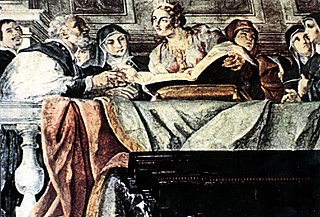 W
WCharlotte was the queen of Cyprus from 1458 until 1464. She was the eldest and only surviving daughter of King John II of Cyprus and Helena Palaiologina. At the age of 14, she succeeded to the Cypriot throne upon the death of her father. Her illegitimate half-brother, James, challenged her right to the crown. With the support of the Egyptians, he forced her to flee the island in 1463, and he was later crowned king. She made a military attempt to regain her throne, but was unsuccessful, and died childless in Rome.
 W
WCatherine Cornaro was the last monarch of the Kingdom of Cyprus. She was queen consort of Cyprus by marriage to James II of Cyprus, regent of Cyprus during the minority of her son James III of Cyprus in 1473–1474, and finally queen regnant of Cyprus. She reigned from 26 August 1474 to 26 February 1489 and was declared a "Daughter of Saint Mark" in order that the Republic of Venice could claim control of Cyprus after the death of her husband, James II.
 W
WHenry I of Cyprus, nicknamed the Fat was King of Cyprus from 1218 to 1253. He was the son of Hugh I of Cyprus and Alice of Champagne. When his father Hugh I died on January 10, 1218, the 8-month-old Henry became king. His mother was the official regent, but handed off the actual governing to her uncle, Philip of Ibelin. When Philip died, the effective regency passed to his brother, John of Ibelin, the Old Lord of Beirut.
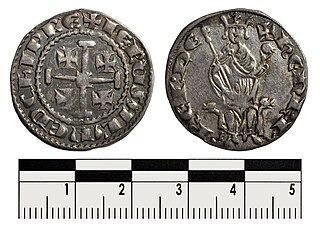 W
WHenry II was the last crowned King of Jerusalem and also ruled as King of Cyprus. He was a Lusignan dynast.
 W
WHugh I succeeded to the throne of Cyprus on 1 April 1205 underage upon the death of his elderly father Aimery, King of Cyprus and Jerusalem. His mother was Eschiva of Ibelin, heiress of that branch of Ibelins who had held Bethsan and Ramleh.
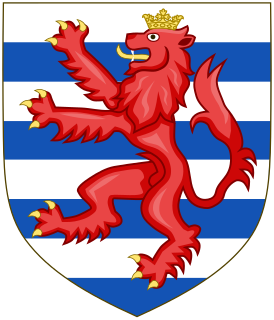 W
WHugh II of Cyprus was king of Cyprus and, from the age of 5 years, also Regent of the Kingdom of Jerusalem.
 W
WHugh IV was King of Cyprus from 31 March 1324 to his abdication, on 24 November 1358 and, nominally, King of Jerusalem, as Hugh II, until his death. The son of Guy, Constable of Cyprus, and Eschiva of Ibelin, Hugh succeeded his father as Constable of Cyprus in 1318, and later succeeded to the throne of Cyprus on the death of his uncle Henry II, since Henry II had no son. He was a member of the House of Poitiers-Lusignan.
 W
WJames II was the penultimate King of Cyprus, reigning from 1463 until his death.
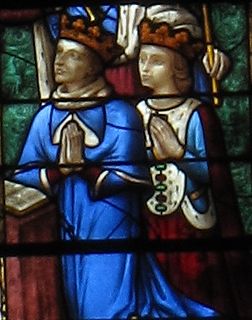 W
WJanus of Cyprus was a King of Cyprus and titular King of Armenian Cilicia and Jerusalem from 1398 to 1432.
 W
WJohn II or III of Cyprus was the King of Cyprus and Armenia and also titular King of Jerusalem from 1432 to 1458. He was previously a titular Prince of Antioch.
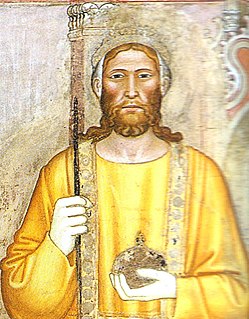 W
WPeter I of Cyprus or Pierre I de Lusignan was King of Cyprus and titular King of Jerusalem from his father's abdication on 24 November 1358 until his death in 1369. He was the second son of Hugh IV of Cyprus, the first by his second wife Alice of Ibelin. He was also invested as titular Count of Tripoli when young, in 1346. As King of Cyprus where he had military successes, but he was unable to complete many plans, due to internal disputes that culminated in his assassination at the hands of three of his knights.